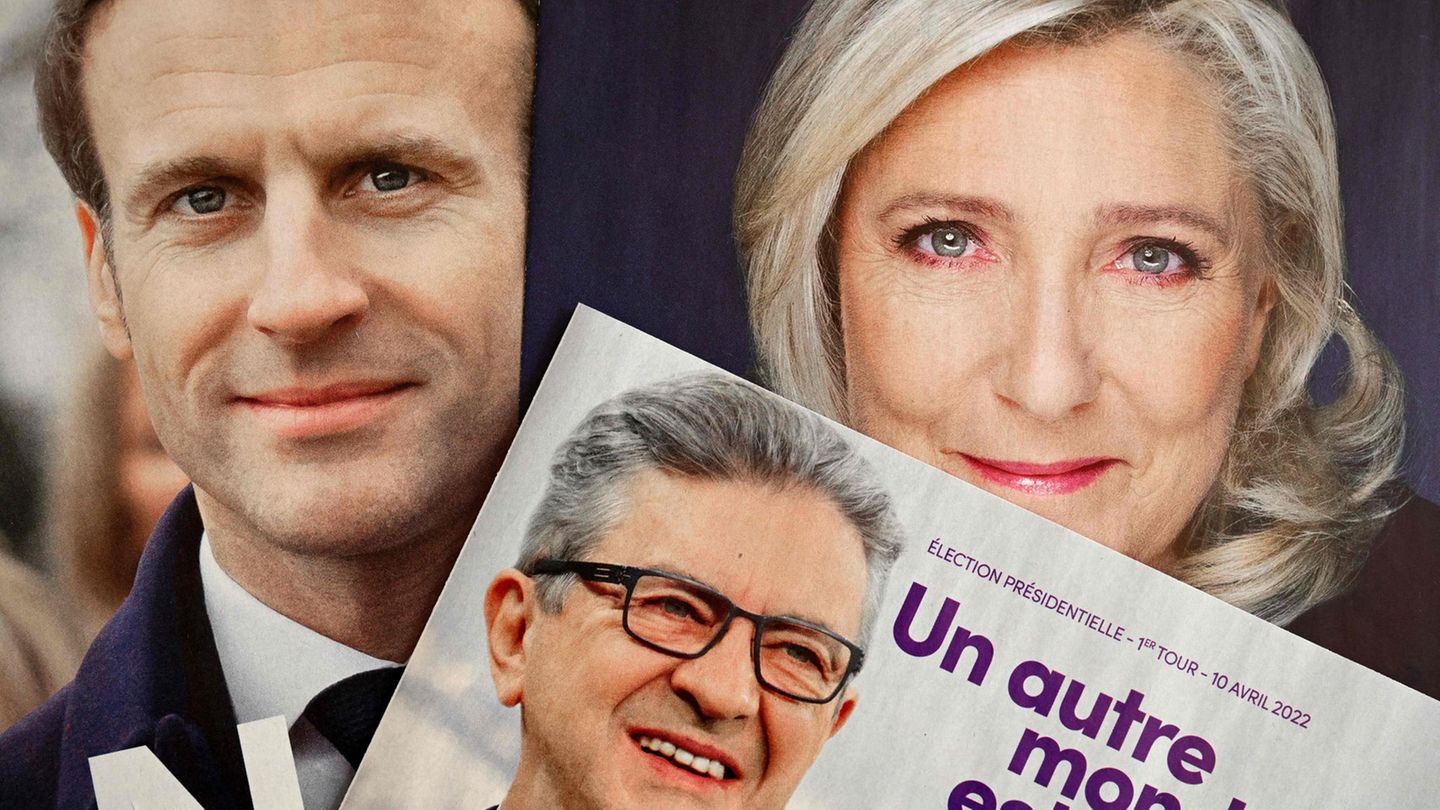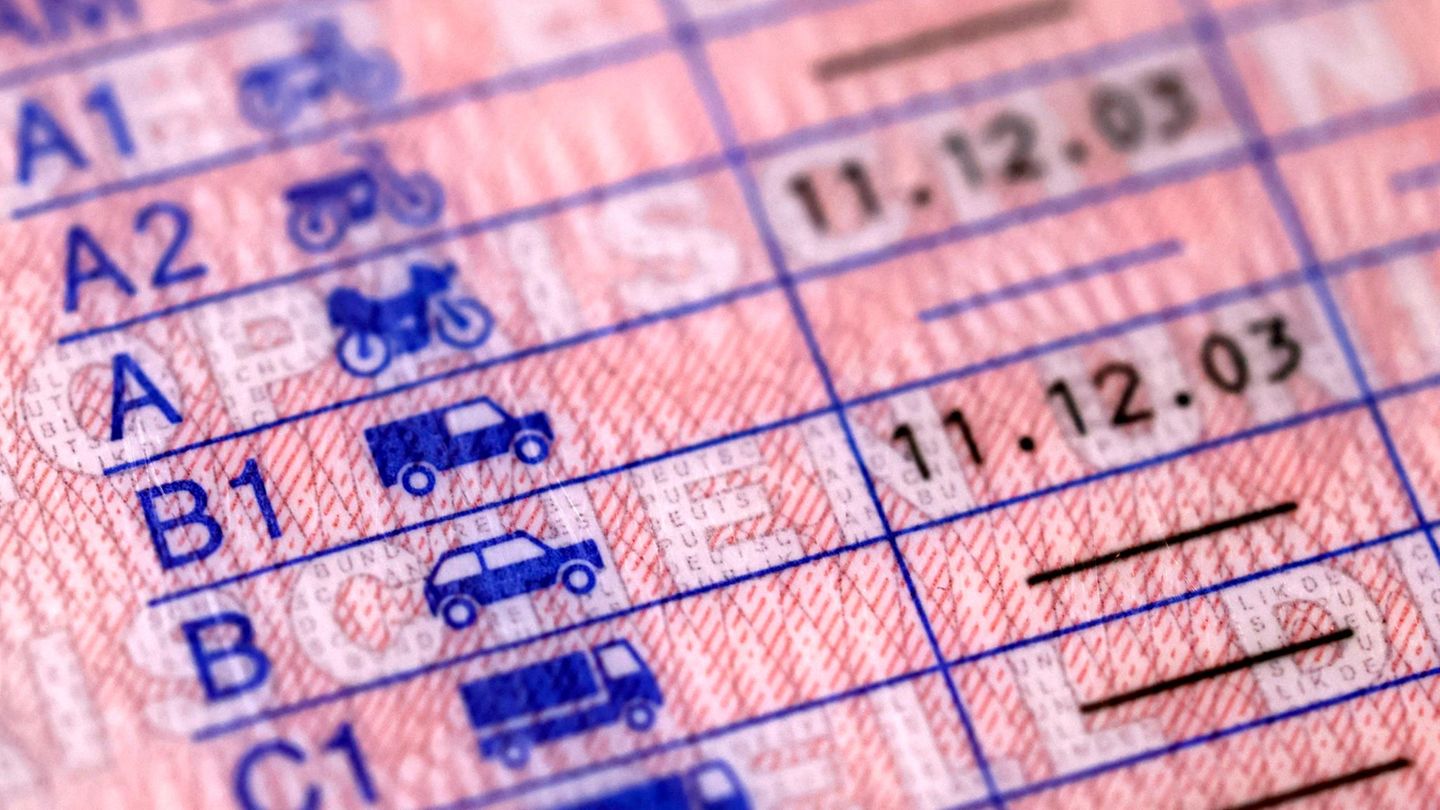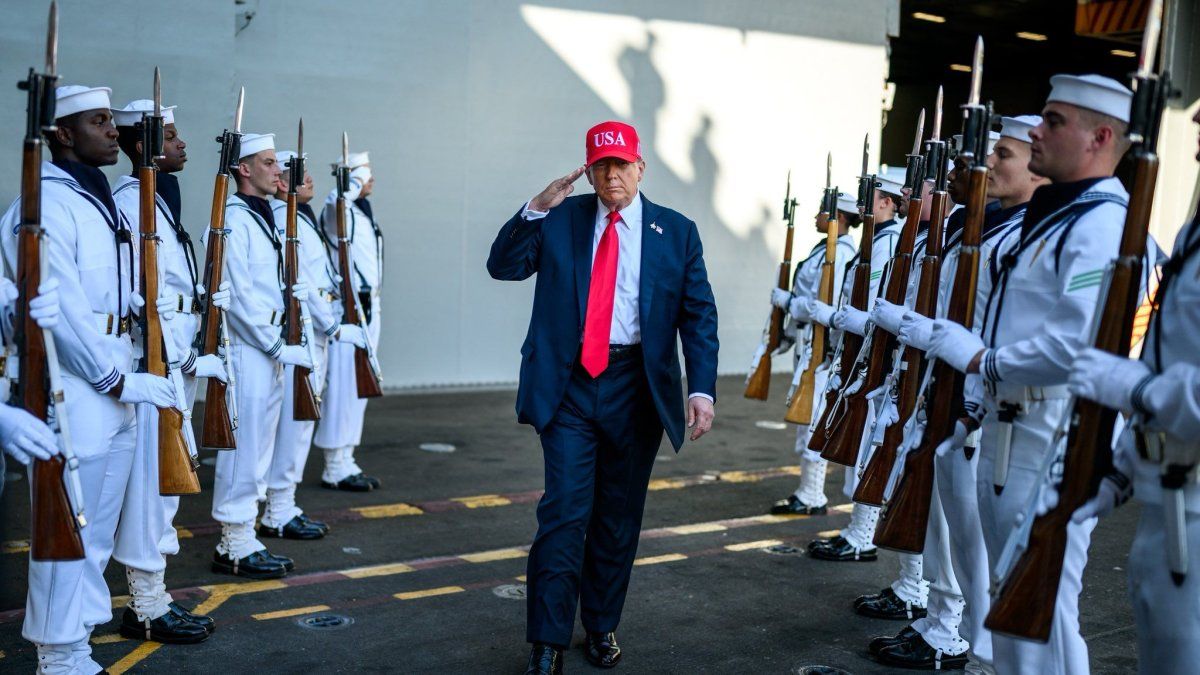France will elect its head of state on Sunday. Shortly before the presidential election, the race between incumbent Emmanuel Macron and his right-wing challenger Marine Le Pen is extremely close.
Sacred music played in downtown Perpignan, where French presidential candidate Marine Le Pen concluded her election campaign on Thursday. It is the largest city in the hands of right-wing populists. Le Pen’s ex-partner Louis Aliot is mayor here, the town is preparing for a Good Friday procession, hence the music. In the congress hall, on the other hand, village festival hits roared. Le Pen was clearly in a winning mood.
“Change has never been more tangible than now,” she called out to supporters of her Rassemblement National party, who waved French flags and chanted “Marine – President”. “Real patriots don’t abstain from voting,” she said, urging her supporters to go to the polls on Sunday. “Take back control,” she admonished.
She wants to put the people and their will at the center of her politics, Le Pen said in her last appearance before the first ballot on Sunday. Brussels and Berlin should exercise less power in France. The French should be given priority over foreigners in the labor and housing markets. “The French are the masters,” said Le Pen, and held out the prospect of a restrictive migration policy and the deportation of foreigners who had committed a crime.
Le Pen is catching up with Macron in polls
Polls see Le Pen as the main challenger to President Emmanuel Macron, who is running for a second term. The gap between the two is shrinking according to the latest data. While the incumbent president fell slightly to 26.5 percent on Thursday, right-wing Le Pen rose to 23 percent. Left-wing politician Jean-Luc Mélenchon is in third place with 16.5 percent.
Showing the same trend on Thursday, Macron also saw slight losses at 26.5 percent and Le Pen with gains at 24 percent. Mélenchon remained stable at 17.5 percent in this poll.
After the first round of voting, there will be a run-off election on April 24th, should no one win an absolute majority on Sunday. Elected for five years. The winner – or the victor – can rule France until 2027. But how meaningful are the current poll numbers? There is great concern about a wave of non-voters, which could severely affect the result. On the one hand, surveys have shown a high level of electoral fatigue for months. On the other hand, at 46 percent, the willingness to vote for radical candidates is higher than at any time since 1965, when France directly elected the president for the first time. Le Pen seems to benefit from this.
Does voter turnout matter?
The turnout could become all the more important because some leftists are now likely to have a significant problem giving their votes to the ex-socialist Macron. Because while the former Economics Minister once wanted to unite left and right-wing positions as the “Centre President”, he is currently dealing with conservative issues.
Le Pen accused Macron in Perpignan of having run the country down. France is in danger of disappearing from the history books and becoming a country that can no longer decide for itself but must obey. Like Macron, Le Pen focused on the purchasing power problems of the French as a result of the Ukraine war. She promised relief for petrol, energy costs and basic everyday products. In fact, the issue has been more present in their campaign than the Rassemblement National’s traditional fear mongering of immigration and crime.
Macron initially benefited from the Ukraine war
At the beginning of March, the Ukraine war gave Macron five points in the polls. Pollsters recognized this as a reflex of “crowding around the flag” in uncertain times. The election seemed already over. So why campaign? Macron’s strategy was to give the statesman. After every phone call with Russian President Vladimir Putin, there were suddenly extensive “briefings” from his otherwise press-shy advisors.
As Macron rushed from summit to summit, ever further removed from the everyday concerns of the French, Le Pen roamed the country smiling for countless selfie photos. Again and again she promised to do something against the rising prices.
“Election not over yet”
The last two campaign appearances of the two best-placed candidates also differed significantly. Macron sprayed fire fountains in front of around 30,000 people at the Paris Défense Arena last Saturday and gave a speech lasting more than two hours in which he touched on many international topics.
Le Pen in Perpignan had ten times fewer followers, but she was close to the people and sure of victory. And she gleefully let the audience whistles and boos whenever she mentioned Macron.
One thing connects both politicians to the end: the great concern that their own supporters, of all people, could stay at home on election Sundays. That’s why both warned: “The election is not over yet”.
Source: Stern
David William is a talented author who has made a name for himself in the world of writing. He is a professional author who writes on a wide range of topics, from general interest to opinion news. David is currently working as a writer at 24 hours worlds where he brings his unique perspective and in-depth research to his articles, making them both informative and engaging.




